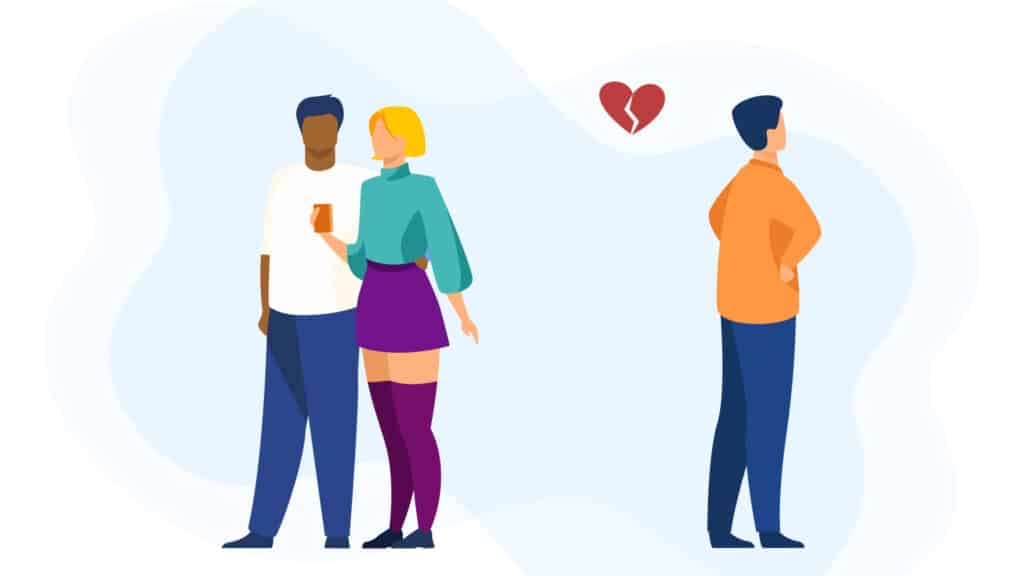It happened! What now?
Should I confess or not? This is a question faced by many people who have cheated, or maybe even had a prolonged affair. “There’s no easy way to tell someone you cheated. It’s important to consider what you want to achieve with this conversation,” explains Pia Linden.
First, it’s important to clarify for yourself what this act of infidelity meant. “Think about how these events came about, what contributed to them? What were your reasons? What expectations related to relationships were behind this behaviour?”
Here, it’s particularly important to express what you did and the feelings involved. “Make sure that you’re expressing yourself clearly and not using vague phrasing or leaving things up to interpretation. For example, say: “I had sex with X on three separate occasions”, instead of “I had sex with someone else a couple of times”. Don’t try to play down this difficult situation by lying. Be prepared to go into the (dirty) details.”
It’s not the right time to defend your actions. “Make sure you’re being honest – to yourself too – about what led to the infidelity,” says Pia.
Important: Even if you’ve done something that’s considered unacceptable in your relationship, you aren’t now the scapegoat for everything. Psychologist Pia Linden puts it this way: “Cheating doesn’t give anyone the right to assault you or abuse the situation. You don’t have to give up your right to privacy or allow someone to control your life just because you cheated.”
📚 Something that might be of interest: How to Have a Difficult Conversation with Somebody
How OpenUp can support you
A couple’s therapist is the best person to help you actively work on your relationship. They will also give you the opportunity to work on your mutual expectations. Having a conversation with an OpenUp psychologist can play an important role if you’re thinking about confessing to an act of infidelity or if you want to figure out what you really want from your relationship.
* Names have been changed to maintain confidentiality








